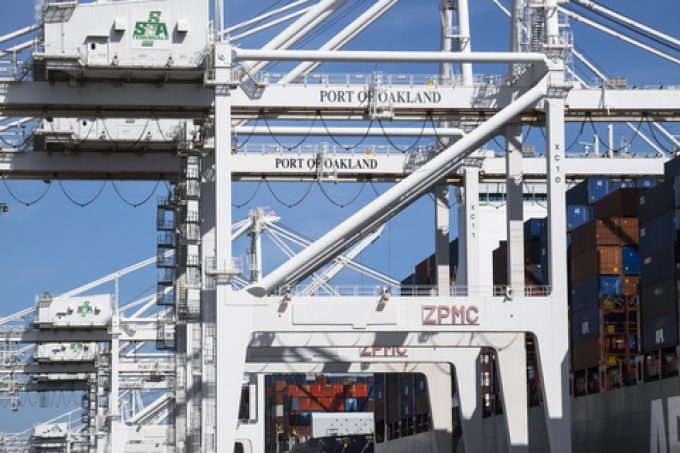Taiwan and South Korea lines don't fear US levy on Chinese ships
Taiwanese and South Korean liner operators are likely to be those least impacted by the ...

US container ports with outstanding orders for Chinese-made ship-to-shore cranes are facing a cumulative additional bill of $131m, due to a recent government decision to apply a 25% tariff on the products.
In a submission to the Office of the US Trade Representative (USTR), the American Association of Port Authorities (AAPA) claimed some 35 cranes were under construction in China that would be delivered to US ports after the tariff implementation date of 1 August.
“Assuming an average of $15m per crane ...
Gemini schedule reliability falls below 90% target for the first time
TPM: Forwarders need 'clout' to survive as the ocean carriers move in
Red Sea crisis forces Maersk to increase capacity over strategy limit
Resumption of Suez transits in doubt after return of Red Sea hostilities
Maersk in firing line over 'abandoned container' in Africa
Forever 21 blames bankruptcy on de minimis exemption
Gemini carriers cut back loading allocations on challenging southern India trade
Maersk assures shareholders arms shipments 'comply with regulations'

Comment on this article